It is important that those entrusted with liturgical leadership in your Family of Parishes – your pastor, parochial vicars, deacons, director of worship, directors of music, initiation, sacristans, lectors, extraordinary ministers of holy Communion, servers, musicians, worship commission members and all those who lead the Church at prayer — have the proper formation in the Church’s liturgical life.
The Church’s foundational documents, such as the Constitution on the Sacred Liturgy and the General Instruction of the Roman Missal, are important source texts to be sure, along with universal and national documents on such liturgical disciplines as preaching, sacred music, art and architecture, etc.
However, a good starting place would be Pope Francis’ recent letter on the liturgical formation of the people of God, Desiderio Desideravi.
This pastoral guide to Desiderio Desideravi from Liturgical Press might be helpful to guide your reading, discussion as a group and sharing.


